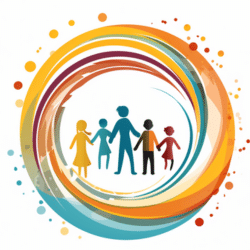As a parent, it’s important to understand the changes your child is going through as they grow and develop. One of the key components of this process is hormones.
Hormones are natural chemicals produced by various glands in the body. They act as messengers, carrying important signals throughout the body that control and coordinate many of its functions. Hormones play a crucial role in your child’s physical growth and emotional well-being.
But explaining hormones to a child can be a daunting task. It’s important to use age-appropriate language and provide simple explanations that your child can understand. In this guide, we will break down the basics of hormones and provide tips for discussing this complex topic with your child.
Key Takeaways
- Hormones are natural chemicals produced by various glands in the body.
- They act as messengers, carrying important signals throughout the body that control and coordinate many of its functions.
- Hormones play a crucial role in your child’s physical growth and emotional well-being.
- Explaining hormones to a child can be a daunting task, but it’s important to use age-appropriate language and provide simple explanations that your child can understand.
What Are Hormones?
It’s time to learn about hormones! Hormones are super important for your body to grow and function properly. But what exactly are they? Hormones are special chemicals that your body produces to send messages between your cells. You can think of them like tiny messengers that help your body communicate with itself.
These messengers are produced by different glands in your body, like the thyroid gland or the pituitary gland. They travel through your bloodstream to different parts of your body, telling your cells what to do.
There are many different types of hormones, each with their own job to do. For example, growth hormones help you grow taller and stronger, while insulin helps your body use the sugar in your food for energy. Hormones are super important, but they can be a little complicated – so let’s keep learning!

Why Are Hormones Important?
Hormones are an important part of your child’s growth and development. They play a crucial role in regulating physical changes and emotions, as well as maintaining overall health.
During puberty, hormones are responsible for the changes that occur in your child’s body, such as growth spurts, the development of secondary sexual characteristics, and the onset of menstruation.
Hormones also play a significant role in regulating mood and emotions. For example, serotonin is a hormone that helps regulate feelings of happiness and well-being. On the other hand, cortisol is a hormone that’s released in response to stress, and can cause feelings of anxiety or tension.
It’s important for your child to understand the role of hormones in their body, as it can help them better understand and cope with the changes they experience during puberty. As a parent, it’s important to offer guidance and support during this time, and to help your child develop healthy habits that support hormonal balance.
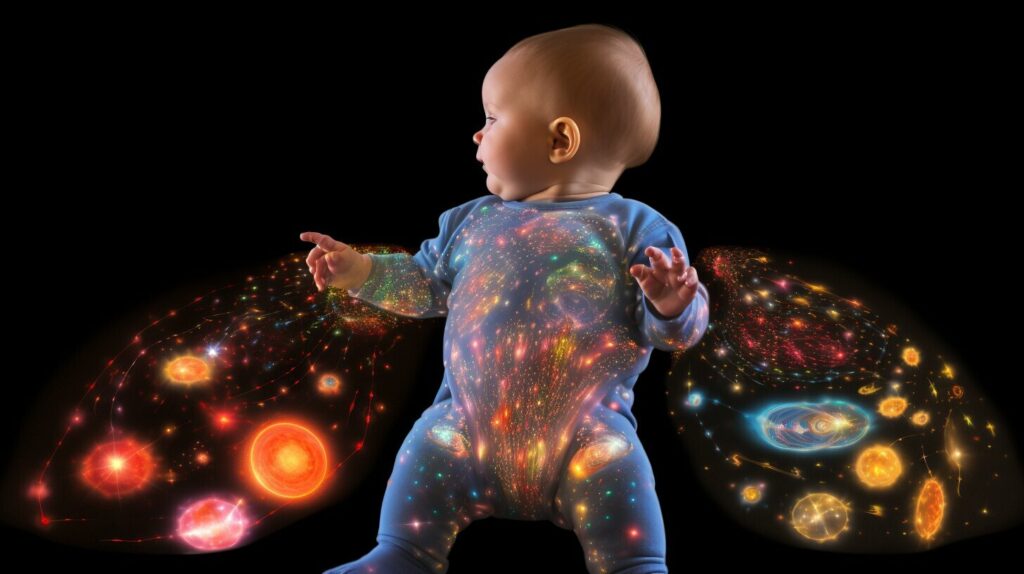
How Do Hormones Work?
Now that you understand what hormones are and why they’re important, let’s talk about how they work in your body.
Your body has many different glands that produce hormones, such as the pituitary gland, thyroid gland, and adrenal gland. These glands release hormones into your bloodstream, where they travel to different parts of your body and affect the function of various organs and tissues.
Once a hormone reaches its target cell or organ, it binds to a specific receptor on the surface of the cell or enters the cell itself. This binding process triggers a series of chemical reactions that ultimately result in a specific biological response, such as growth, metabolism, or mood regulation.
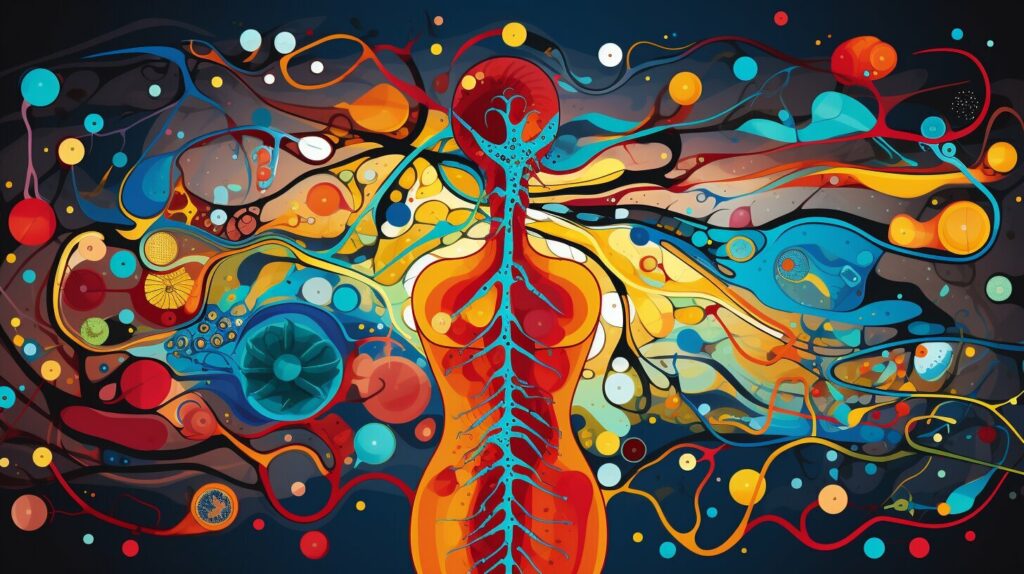
The amount of hormones in your body is carefully regulated to maintain balance and prevent excess or deficiency. This is controlled by a feedback system that involves the hypothalamus, pituitary gland, and the gland that produces the hormone.
For example, if the level of a hormone in your blood is too low, your hypothalamus will release a hormone that signals your pituitary gland to release more of the hormone. Conversely, if the level of a hormone is too high, your hypothalamus will release a hormone that signals your pituitary gland to decrease production of the hormone.
Overall, hormones play a crucial role in maintaining the proper functioning of your body. By understanding how they work, you can better appreciate their importance and how to maintain hormone balance for optimal health.
Different Types of Hormones
There are many different types of hormones that play important roles in the body. Here are some of the most common:
| Hormone | Function |
|---|---|
| Growth Hormone | Helps with bone and muscle growth |
| Insulin | Regulates blood sugar levels |
| Thyroid Hormones | Regulates metabolism and energy levels |
| Estrogen | Important for female sexual development and menstruation |
| Testosterone | Important for male sexual development and muscle growth |
| Progesterone | Helps regulate the menstrual cycle and pregnancy |
| Adrenaline | Involved in the “fight or flight” response to stress |
Each hormone has a specific function in the body and works together with other hormones to maintain overall health and wellbeing.
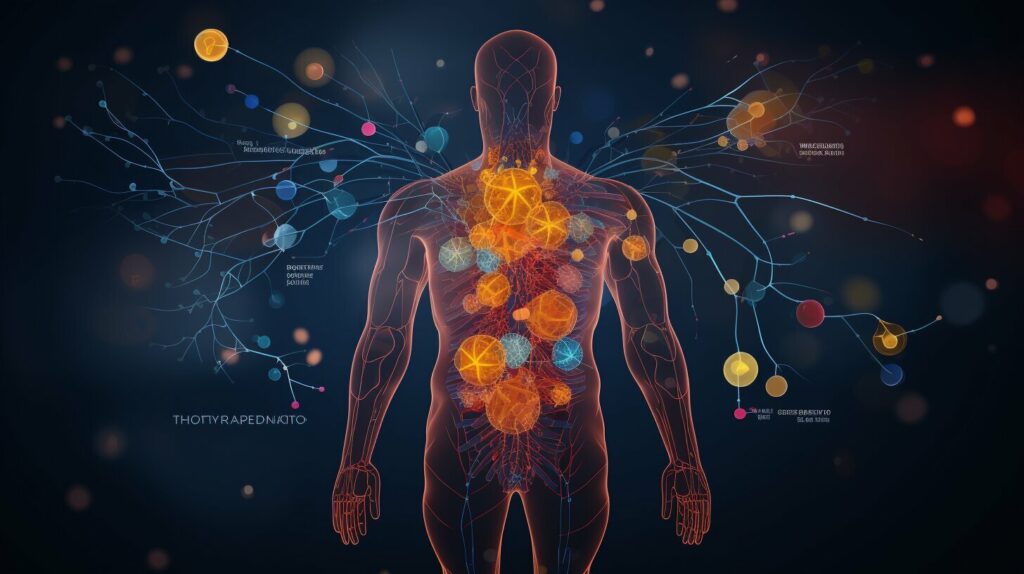
Puberty and Hormones
Puberty is a phase of life that all children go through, and it is a time when hormone levels in the body rise dramatically. During puberty, the body undergoes many changes, including growth spurts, development of secondary sexual characteristics, and changes in mood and behavior.
Hormones play a critical role in all of these changes, and it is essential for children to understand how their bodies are changing and why. One of the most important hormones during puberty is estrogen, which is responsible for breast development and the onset of menstruation in girls.
Boys also experience changes in hormone levels during puberty, with testosterone playing a significant role in the development of secondary sexual characteristics, such as body hair and deepening of the voice.
It is essential to note that puberty can be a challenging time for children, as they adjust to the many changes happening in their bodies. As a parent, it is essential to have open and supportive conversations with your child, answering any questions they may have and reassuring them that these changes are entirely normal.
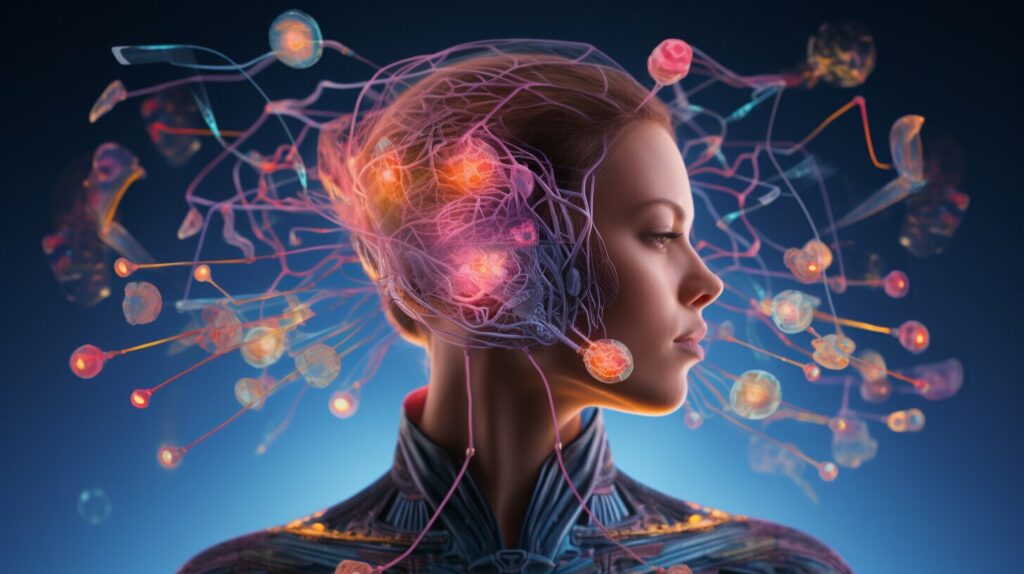
One important thing to keep in mind is that puberty hormones can cause mood swings and emotional changes in children. Encourage your child to express their feelings and provide a safe and supportive space for them to talk about what they are going through.
Overall, puberty and hormone changes can be a confusing and difficult time for children. However, with patience, understanding, and support from parents, children can navigate these changes with confidence and grace.
Keeping Hormones Balanced
As you’ve learned, hormones play a crucial role in your child’s growth and development. However, it’s important to understand that hormonal imbalances can occur, which can have negative effects on their overall health and well-being.
One way to help your child maintain balanced hormones is through healthy eating habits. A diet rich in fruits, vegetables, and lean proteins can support hormone production and regulation.
| Food Group | Examples |
|---|---|
| Protein | Chicken, fish, eggs, tofu |
| Fruits and Vegetables | Apples, bananas, spinach, broccoli |
| Whole Grains | Brown rice, quinoa, whole wheat bread |
Regular exercise is another important factor to consider in maintaining hormonal balance. Physical activity can help regulate hormone production and reduce the risk of imbalances.
Additionally, getting enough quality sleep is crucial for balanced hormones. Encourage your child to stick to a consistent sleep schedule and create a relaxing bedtime routine to promote good sleep habits.
It’s important to note that certain medical conditions or medications can also affect hormone levels in the body. If you have concerns about your child’s hormones, talk to their healthcare provider for guidance.
By promoting healthy habits and lifestyle choices, you can help your child maintain balanced hormones and support their overall health.
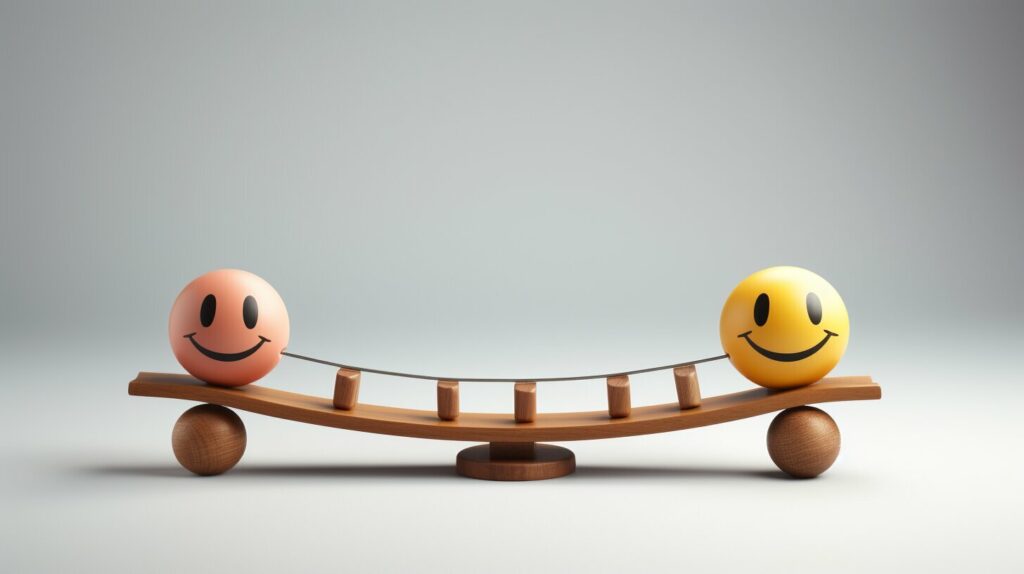
Talking About Hormones with Your Child
Having conversations about hormones with your child can help them understand the changes happening in their body and reduce any anxiety or confusion they may feel. Here are some tips to help you have age-appropriate discussions:
- Choose the right time: Pick a time when your child is relaxed and not distracted, like during a car ride or before bed.
- Start with the basics: Begin by explaining what hormones are and their purpose in the body. For younger children, use simple language and examples they can understand.
- Be open: Let your child know that it’s okay to ask questions and that you’re there to support them.
- Address their concerns: If your child expresses any worries or fears, validate their feelings and provide reassurance.
- Keep it positive: Emphasize the excitement of growing and developing, rather than focusing on any negative aspects.
- Use appropriate terminology: Use correct anatomical terms when discussing body parts and functions.
Remember, every child is different, and there’s no one-size-fits-all approach to talking about hormones. Be patient and take cues from your child to ensure they feel comfortable and engaged in the conversation.

Talking About Hormones with Your Child
Now that you have a better understanding of hormones, you may be wondering how to talk to your child about them. It’s important to have open and honest discussions with your child about the changes their body is going through.
Start the Conversation
It may feel awkward at first, but starting the conversation is the first step. Let your child know that hormones are a normal part of growing up and that everyone goes through these changes.
Provide Age-Appropriate Information
When discussing hormones, it’s important to provide information that is age-appropriate. Use simple language and avoid overwhelming your child with too much information at once.
Listen and Answer Questions
As you talk with your child, be sure to listen to their questions and concerns. Answer their questions openly and honestly, and reassure them that what they are experiencing is normal.
Address Any Worries
It’s common for children to feel worried or anxious about the changes they are going through. If your child expresses any concerns, validate their feelings and provide reassurance. Let them know that you are there to support them.
Encourage Healthy Habits
Discuss with your child the importance of healthy habits, such as eating a balanced diet, staying active, and getting enough sleep. These habits can help support their hormonal balance and overall health.
Conclusion
Having open and honest conversations with your child about hormones can help them feel more comfortable and confident during this phase of life. Remember to provide age-appropriate information, listen to their questions and concerns, and encourage healthy habits. By doing so, you can help support your child’s healthy growth and development.
Can I Use the Same Approach to Explain Emotions and Hormones to My Child?
Explaining emotions to a child can be approached similarly to explaining hormones. Both concepts involve teaching the child about complex processes occurring in their bodies. By using age-appropriate language, visual aids, and relatable examples, you can help your child grasp the connection between feelings and hormones. Children can understand that just like hormones influence their body, emotions can affect their mood and behavior. This approach nurtures their understanding of their own experiences and helps them navigate their emotions more effectively.
FAQ
Q: What are hormones?
A: Hormones are chemical messengers in the body that help regulate various processes and functions, such as growth, mood, and overall health.
Q: Why are hormones important for children?
A: Hormones play a crucial role in a child’s growth and development. They are responsible for physical changes, mood regulation, and overall health.
Q: How do hormones work in the body?
A: Hormones are produced and released by different glands in the body. They travel through the bloodstream and affect various organs and tissues, communicating messages and triggering specific responses.
Q: What are the different types of hormones?
A: Some of the main types of hormones include growth hormones, insulin, and puberty hormones. Each type has specific functions and roles in the body.
Q: How do hormones affect puberty?
A: Hormones play a significant role in puberty, triggering physical changes such as the development of secondary sexual characteristics and the maturation of reproductive organs.
Q: How can I help keep my child’s hormones balanced?
A: Maintaining a healthy lifestyle through proper nutrition, regular exercise, and adequate sleep can help support hormonal balance in children. It’s also important to teach them about the importance of self-care and stress management.
Q: How can I talk to my child about hormones?
A: When discussing hormones with your child, it’s essential to use age-appropriate language and explanations. Emphasize the normalcy of these changes and address any questions or concerns they may have in a supportive and understanding manner.
